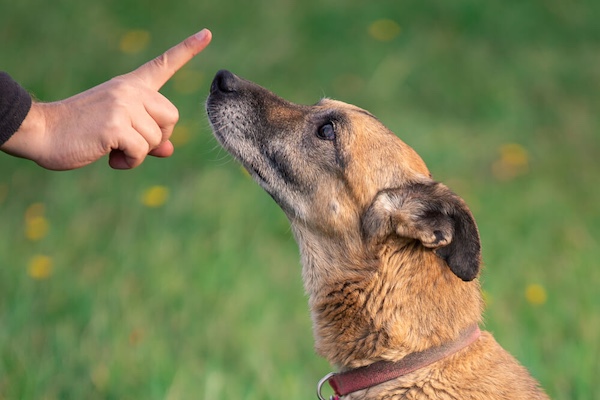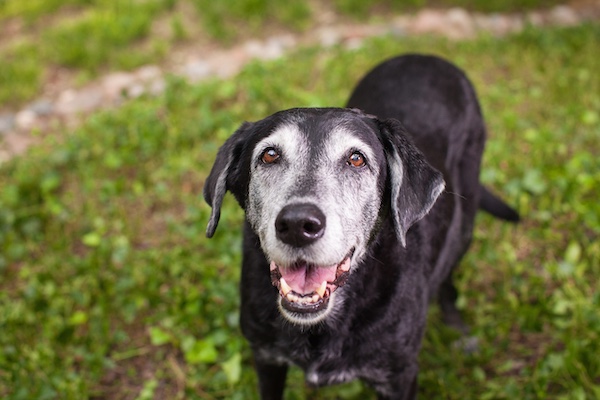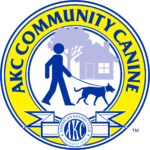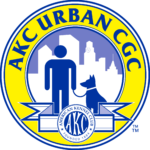When most people think about dog training, they picture a bouncy new puppy learning to sit or stay for the first time. While it’s true that early training lays an important foundation, many dog owners overlook the value of obedience training later in life. Senior dogs are often thought to be “set in their ways” or beyond the need for further training—but that couldn’t be further from the truth.
In fact, obedience training can be especially beneficial for older dogs. From maintaining mental sharpness to strengthening the bond between dog and owner, training plays an important role in keeping senior dogs happy, healthy, and engaged in their golden years.
Let’s explore why obedience training shouldn’t stop with age—and why your older dog might be the perfect candidate for continued learning.
Senior Dogs Can Still Learn
There’s a popular myth that older dogs can’t learn new tricks. But the truth is, they absolutely can—sometimes even better than younger dogs.
Senior dogs often have better focus, more patience, and a calmer demeanor than their younger counterparts. They’re less distracted by the world around them and more eager to engage with their owner. This makes them well-suited for training sessions that are slower-paced, low-impact, and tailored to their specific needs.
Of course, it’s important to consider any age-related physical limitations. Your senior dog might not move as quickly or jump as high as they once did, but with small adjustments, they can still enjoy—and benefit from—training. Commands can be taught and reinforced with gentle movements, verbal cues, and plenty of positive reinforcement. Learning at an older age is not only possible; it can be incredibly rewarding.
Strengthening the Bond Between Dog and Owner
Training is about more than just teaching commands—it’s a form of communication and connection. Spending time training your dog, regardless of their age, creates a shared experience that deepens the bond between you.
For senior dogs, this connection is especially valuable. As their physical activity may decrease with age, mental and emotional engagement become even more important. Training gives you the opportunity to connect through praise, attention, and shared focus. It reminds your dog that they are still important, still capable, and still your partner in life.
This ongoing interaction also helps reduce feelings of isolation or boredom that some older dogs may experience. By continuing to work together, you provide your senior dog with a purpose and structure, reinforcing their role as a loved and active member of the family.
Improving Everyday Behavior and Quality of Life

Obedience training isn’t just about teaching flashy tricks—it’s about improving everyday life for both you and your dog. For senior dogs, even small improvements in behavior can have a significant impact on comfort and safety.
Maybe your older dog has developed habits like pulling on the leash, barking excessively, or being slow to respond to cues. With a little consistency and patience, these behaviors can be gently addressed through training. And in many cases, older dogs respond quickly because they already understand the basics—they just need a refresher and a clear sense of what’s expected.
Training can also introduce helpful commands tailored to their current needs. For example:
- “Wait” at doorways or before crossing the street.
- “Step” to help guide them over obstacles or onto ramps.
- “Gentle” when taking treats to protect aging teeth or sore jaws.
Small cues like these can make day-to-day life easier and safer, and they allow you to provide subtle guidance that respects your dog’s dignity and autonomy.
Mental Stimulation for Cognitive Health
Just like humans, dogs can experience cognitive decline as they age. Keeping the brain active is one of the best ways to support long-term cognitive health—and obedience training is an excellent form of mental exercise.
Learning new cues or reinforcing familiar ones keeps your dog’s brain engaged. It helps them stay alert, confident, and mentally flexible. Even short training sessions can offer valuable stimulation that enriches their daily routine.
You don’t need to introduce complex or physically demanding tasks. Simple activities like reinforcing “sit,” “stay,” or “touch,” or even teaching a new trick like “spin” (adapted for mobility) can make a big difference. The key is to keep it positive, low-pressure, and fun.
Here are a few low-impact mental exercises perfect for older dogs:
- Nose work games (hide a treat under one of three cups)
- Touch or hand-targeting commands
- Name recognition games using favorite toys
- Gentle puzzle toys for slow treat dispensing
These activities not only stimulate your dog’s mind but also provide a sense of accomplishment and purpose.
Encouraging Safe and Controlled Movement
As dogs age, joint stiffness, arthritis, or reduced vision can make movement more difficult. However, remaining active is still important—and obedience training can help facilitate safe and controlled movement that supports your dog’s mobility and confidence.
Teaching or reinforcing cues like “slow,” “easy,” or “stay” can help prevent injury by encouraging your dog to move with intention. These commands are especially helpful when guiding your dog through situations where they may be unsteady, such as going up or down stairs, walking across slippery floors, or getting in and out of a car.
You can also use obedience training to create simple routines that encourage gentle movement without strain. For example, practicing a series of basic commands—like “sit,” “down,” “stand,” and “touch”—can offer a low-impact way to keep your dog’s body moving. Always observe their comfort level and never push them beyond what’s safe.
With regular training that considers their physical limitations, senior dogs can maintain mobility, avoid injury, and enjoy a higher quality of life.
Training Helps You Monitor Their Health
Another overlooked benefit of obedience training is how it gives you a chance to observe your dog closely. During regular training sessions, you’re likely to notice subtle changes in behavior, responsiveness, or physical movement.
Maybe your dog suddenly hesitates to sit, which could indicate joint pain. Or perhaps they struggle with cues they previously knew well, which might point to cognitive changes. These early indicators can help you catch health issues before they become serious and allow you to work with your vet to adapt training and care accordingly.
In this way, training becomes more than a learning tool. It’s also a form of ongoing health monitoring, built right into your everyday routine.
It’s Never Too Late to Train
Training isn’t just for young, energetic dogs. It’s a lifelong tool for communication, connection, and care. Senior dogs may have slowed down, but their capacity for learning, bonding, and engaging with the world is still strong.
Obedience training for senior dogs offers a wide range of benefits—from supporting mental sharpness and physical safety to improving daily routines and deepening the human-animal bond. With patience, positive reinforcement, and realistic expectations, your older dog can thrive through continued training.
So, don’t count your senior dog out. It’s never too late to teach, learn, and grow together. The golden years can be some of the most fulfilling, and training can help make them truly shine.





